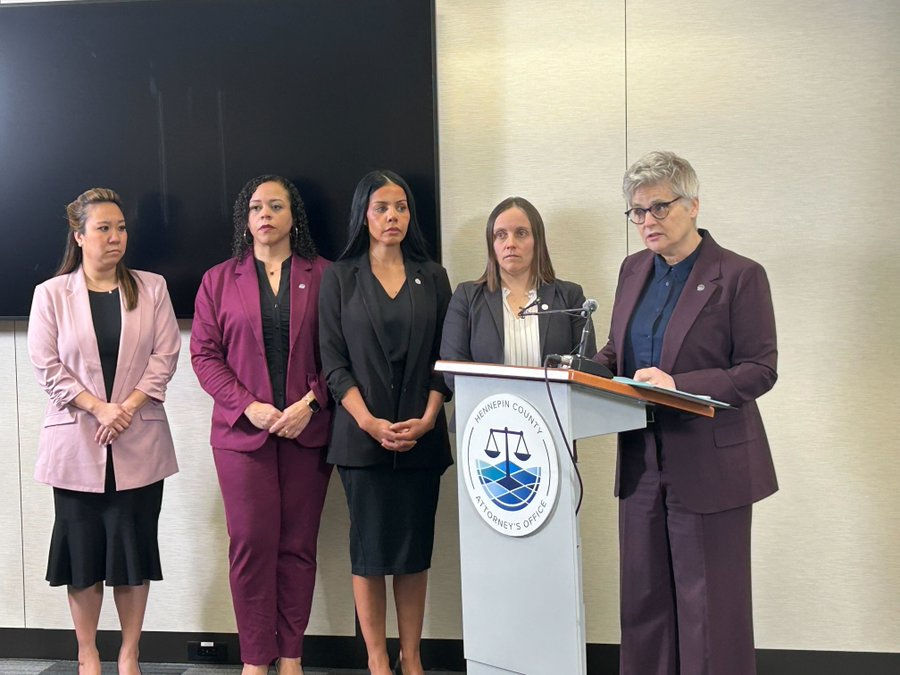Minnesotans celebrate first Juneteenth as a state holiday
- Elijah Todd-Walden
- Jun 19, 2023
- 2 min read

Minnesotans celebrated Juneteenth across the state Monday, with some marking the occasion at the State Capitol. The holiday - associated with Black liberation - has been celebrated for more than 150 years, but has only recently gained widespread recognition.
Walz signed a bill recognizing the holiday back in February, which meant state, county and city workers did not have to work Monday. The federal government acknowledged the holiday in 2021; since then some major corporations have also recognized the holiday, including Target, Wells Fargo, and Best Buy.
“It’s important to come here to celebrate Juneteenth and demand economic justice and police accountability,” said Trahern Crews of Black Lives Minnesota, standing on the Capitol steps. “And that has to happen at the legislative level, so what better place to be than at the State Capitol?”

A dozen organizations supported the celebration, including Black Lives Matter Minnesota, Saint Paul Human Rights and Equal Opportunity and the Jewish Coalition for Equal Rights. Celebrants had free food, art, and music.
Crews said that the recognition of Juneteenth was only a single step towards justice, and that the work was far from over. St Paul Council member Jane Prince said the city council, alongside BLM and other organizations, are working to ensure economic justice for Black St. Paul residents.
The 13th Amendment of the Constitution was ratified in 1863, abolishing slavery. Juneteenth marks the day - more than two years later, after the end of the Civil War - when Union soldiers marched into Galveston, Texas and declared that chattel slavery was abolished, freeing more than 250,000 enslaved people.
“My dad, for example, fought in World War 2, and when he got out, he was entitled to the G.I, Bill, and he bought the house I grew up in in the 1950s. And that’s how he sent his grandkids to college,” said Prince. “When Black veterans came home, they couldn’t use the G.I. Bill, because the banking industry wouldn’t give them mortgages. They couldn’t buy houses due to redlining and racial covenants. We just don’t have a clue as to how the system has been stacked against African American people for our entire history.”
St. Paul recently created a commission to look into reparations for Black St. Paul residents, and the legislature is scheduled to consider reparations next session.



Comments